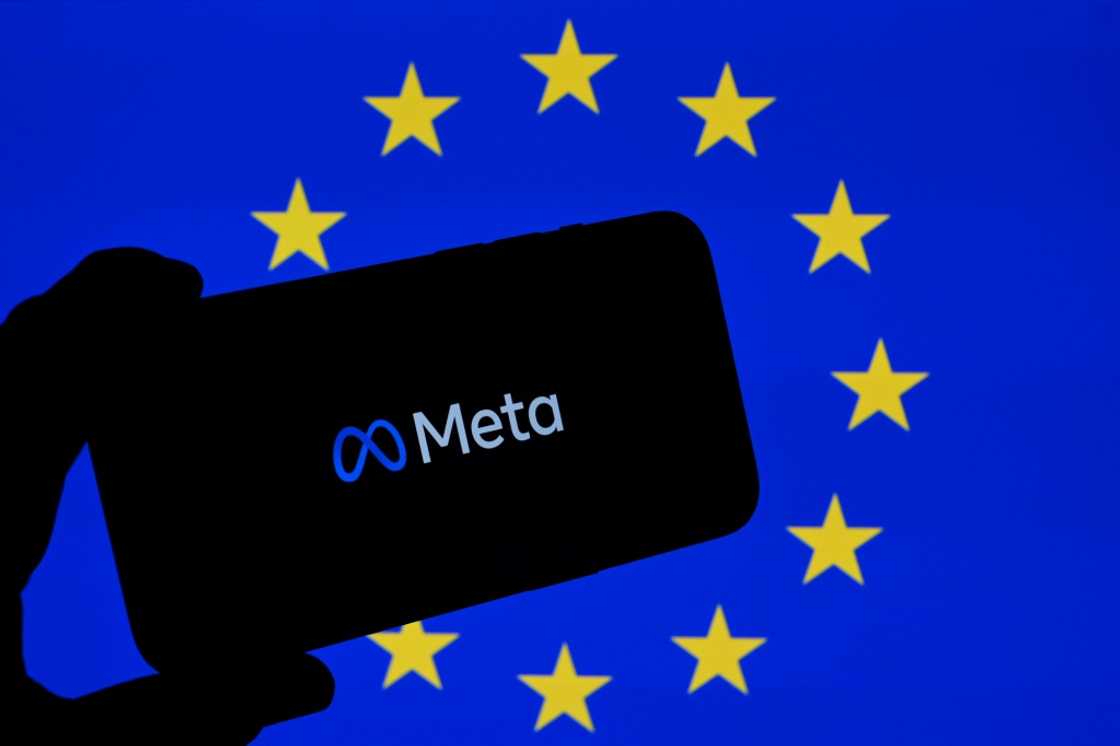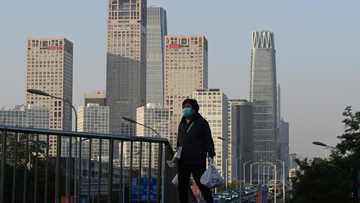EU accuses Meta, TikTok of breaking digital content rules

Source: AFP
The EU accused Meta and TikTok on Friday of breaking the bloc's digital content rules, putting the companies at risk of hefty fines.
The European Union has a bolstered legal armoury that demands Big Tech prevent the spread of illegal content and ensure digital markets are open to competition.
On Friday the European Commission said Meta's Facebook and Instagram platforms and TikTok breached the Digital Services Act (DSA), the EU's content moderation law attacked by US President Donald Trump's administration.
It is the first time the commission has accused Meta of breaching the DSA, which the US giant rejected.
Although the announcement includes TikTok, owned by China's ByteDance, it risks angering Trump, who has threatened to impose fresh tariffs on countries with regulations that seek to "harm" American technology.
Despite his threats, the EU has said it will enforce its rules.
Brussels said in its preliminary view that Meta and TikTok were failing to grant researchers "adequate access to public data".
EU regulators insist the rules are not just about transparency but ensuring researchers are able to carry out essential work, such as understanding how much children are exposed to dangerous content on popular platforms.
TikTok insisted it was "committed to transparency".
"We are reviewing the European Commission's findings, but requirements to ease data safeguards place the DSA and GDPR in direct tension," a TikTok spokesperson said, referring to the bloc's landmark data protection rules.
"If it is not possible to fully comply with both, we urge regulators to provide clarity on how these obligations should be reconciled," the spokesperson said.
Risk of fines
The EU also said Meta's platforms Facebook and Instagram were not providing user-friendly mechanisms to flag illegal content, and not providing effective systems for their users to challenge content-moderation decisions.
Regulators accused Facebook and Instagram of suspected deceptive practices -- known as "dark patterns" when it comes to the "Notice and Action" mechanisms.
"Such practices can be confusing and dissuading," the commission said.
The DSA stipulates that platforms must explain content-moderation decisions, which Facebook and Instagram have been failing to do, the EU said.
Meta said: "We disagree with any suggestion that we have breached the DSA" and continued its talks with the EU.
"In the European Union, we have introduced changes to our content reporting options, appeals process, and data access tools since the DSA came into force and are confident that these solutions match what is required under the law," it said in a statement.
'Protecting free speech'
Meta and TikTok will now be able to access the EU's files and offer commitments that address Brussels' concerns.
If Brussels is not satisfied with the giants' proposals, it can impose fines on the companies per breach per platform.
EU digital spokesman Thomas Regnier pushed back on Friday against accusations, especially from the United States, that the DSA is a tool of censorship.
"When accused of censorship, we prove that the DSA is doing the opposite. It is protecting free speech, allowing citizens in the EU to fight back against unilateral content moderation decisions taken by Big Tech," he said.
Both Meta and TikTok are under investigation in several EU probes, including one looking into concerns they are not doing enough to combat the addictive nature of their platforms for children.
Source: AFP





